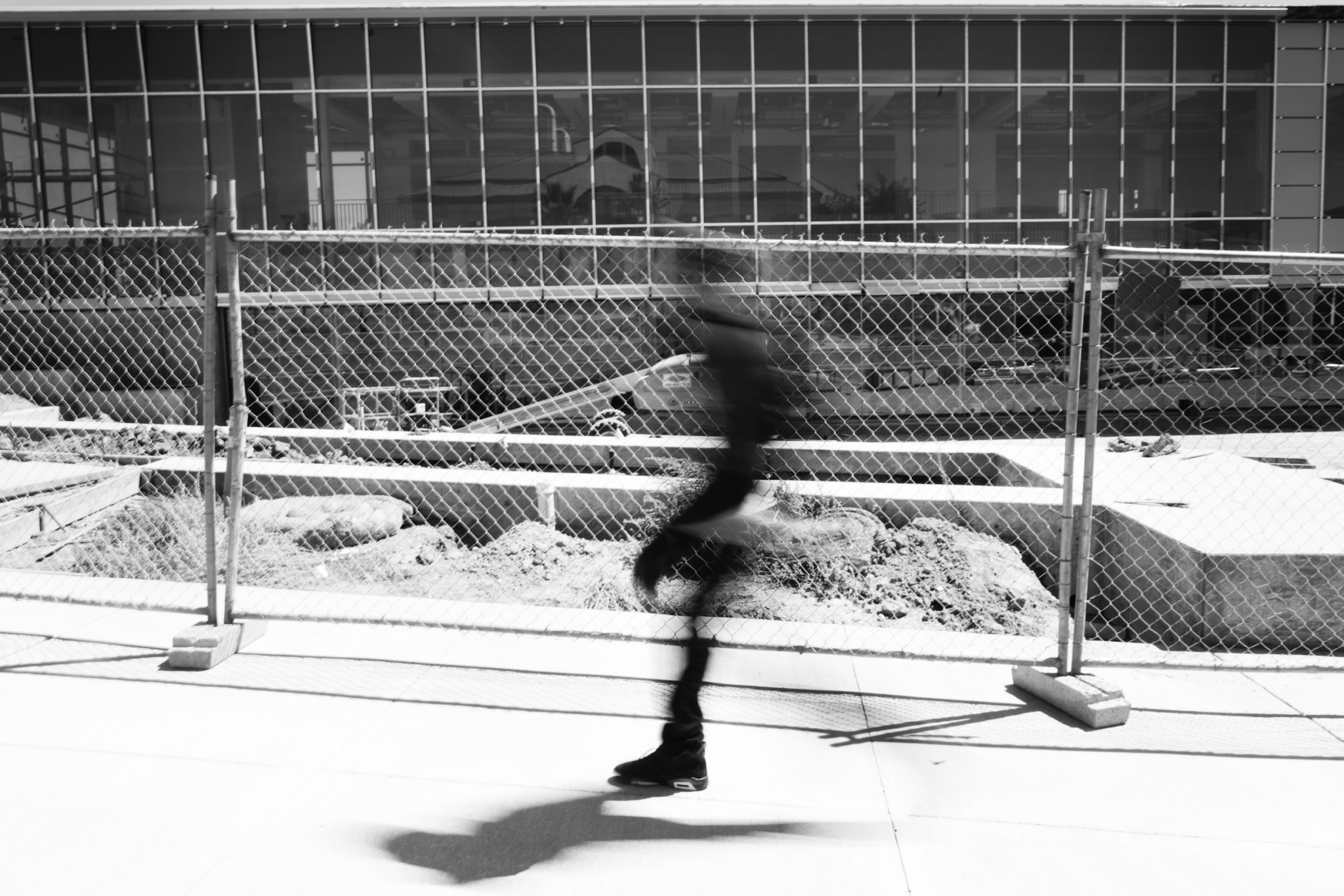Staunch disability advocate, award-winning actress, America’s first deaf comedian.
For a long time, Kathy Buckley had been judged for her disability. People wrote her off and discarded her because they didn’t understand her differences.
Now she is a comedian, actress and motivational speaker. On April 11, Buckley came to Las Positas College to deliver a speech about her life story and how she overcame depression, ableism and losing a friend.
When she was a baby, she developed spinal meningitis which resulted in major hearing loss. Spinal meningitis is when the fluid around the brain and spinal cord becomes infected. The doctors had warned her parents she would be developmentally challenged, and her parents had sent her to a school for “retardation.” She stayed there for two years until her parents realized that she was deaf.
Up until that point, her parents thought that because her body was disabled, so was her mind. Now, she bides her time motivating people across the country, combatting stigmas and stereotypes disabled people face.
Buckley made a very minute entrance. She sat in the audience while Dyrell Foster and Lara Weidemiller gave an introduction to the audience.
Her life story is hectic. Not knowing any form of spoken, written or signed language until eight years old was only the beginning. After a few years in sign language lessons and speech therapy, her parents decided to send her to public school, which Buckley said was detrimental to her at the time. She did not know enough to communicate with the other children which made her ostracized and alone.
“I would steal money, candy, anything from my home to try to bribe kids to talk to me,” Buckley said.
When her mom gave away her hearing aids, she felt relieved. “My mom thought I was fighting with my hearing aids, when she gave them away I felt like I wasn’t being punished anymore”
Her childhood led her on a lifelong search for community and validation.
“I spent the first 20 years of my life looking for warmth, love and acceptance,” Buckley said.
Which she found in Ruth Sienkiewicz-Mercer, a quadriplegic author and advocate for handicapped people.
Buckley detailed that when she first saw Sienkiewicz-Mercer, she did not know anything about her. She thought that being paralyzed meant her life was uneventful and meaningless. She recalls how she told Sienkiewicz-Mercer. “When I came in here tonight and I saw her I thought to myself, ‘God, what kind of a life is this?’,” Buckley said.
“She can’t walk. She can’t talk. She had nothing to contribute to society. In five seconds or less I had this woman pegged for death.”
Nevertheless, Buckley decided to approach Sienkiewicz-Mercer to ask how she was, but Sienkiewicz-Mercer did not respond. Her assistant told her she can only communicate with yes or no questions. After cracking a few jokes, Sienkiewicz-Mercer warmed up to Buckley. Buckley warmed up to Sienkiewicz-Mercer as well, they spent the whole night communicating with each other.
“As soon as I first made her laugh I didn’t see her body, I saw her soul,” Buckley said.
That night resulted in a years-long friendship. It also marked the start of Buckley’s advocacy for handicapped individuals.
She details how she went against the recommendations of producers to do a comedy sketch about meeting Sienkiewicz-Mercer.The producers reasoned that talking about Sienkiewicz-Mercer being paralyzed may make people feel bad or awkward, and the crowd would not respond.
She had to lie about the sketch she was planning to do and perform live in front of an audience.
When she did perform the sketch the reception was exceptional.
The outpouring of support she received bolstered her name to the public.Sienkiewicz-Mercer called Buckley and asked if Sienkiewicz-Mercer would help her spread her message, they used her comedy sketch and Ruth’s speech to spread awareness of the assistance disabled people need.
It was with Buckley’s assistance Sienkiewicz-Mercer had a voice for the first time, and people listened to what she had to say. Before, when Sienkiewicz-Mercer made public commencements alone no one would even look her in the eye, but with Kathy’s help she received a standing ovation.
Buckley recounts the look on Sienkiewicz-Mercer’s face, and the elation when she saw Sienkiewicz-Mercer wasn’t ignored anymore.
“If you could have seen that precious little face… she was met with a standing ovation. And for the first time in her life, she was accepted by society,” Buckley said.
“Just remember when you pass a judgment on someone, it doesn’t define them, it defines you. If you feel the need to put limitations on a loving human being to gain significance within the stock, then it’s time for you to look in the mirror”
Kathy urged the audience to stand with her and place their hands over their hearts.
“Your [heart] love, honor and respect. This is not us to criticize. This is not you to compare with somebody else. This is a gift, it’s called life.”
Julianna Smarduch, third-year Psychology major, was touched by Kathy’s speech. She said that Kathy’s pleas to not judge people resonated with her.
“When you build perceptions of people, you stop seeing them for who they are, and the light that they have to bring to the world. I also should not limit myself to others’ perception of me,” Smarduch said.
Brijae Boyd is a staff writer for Express.


